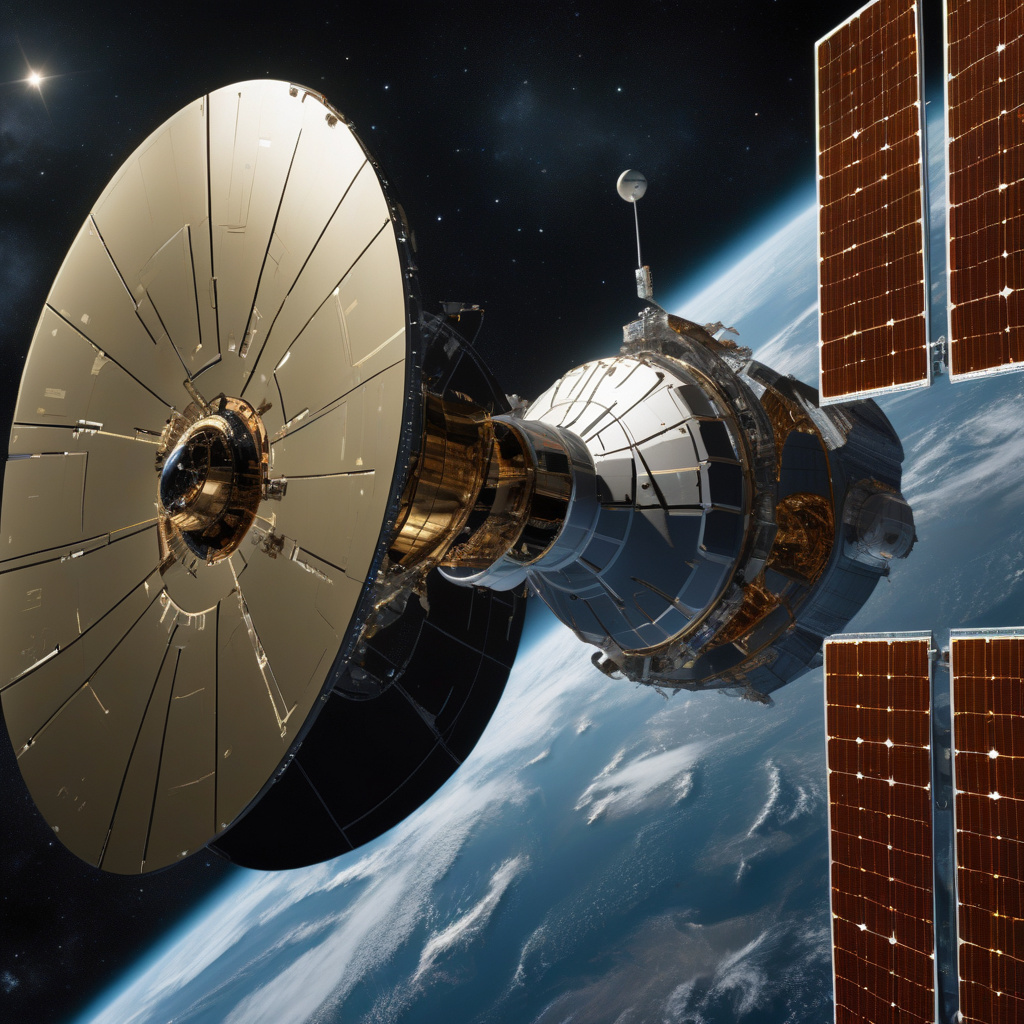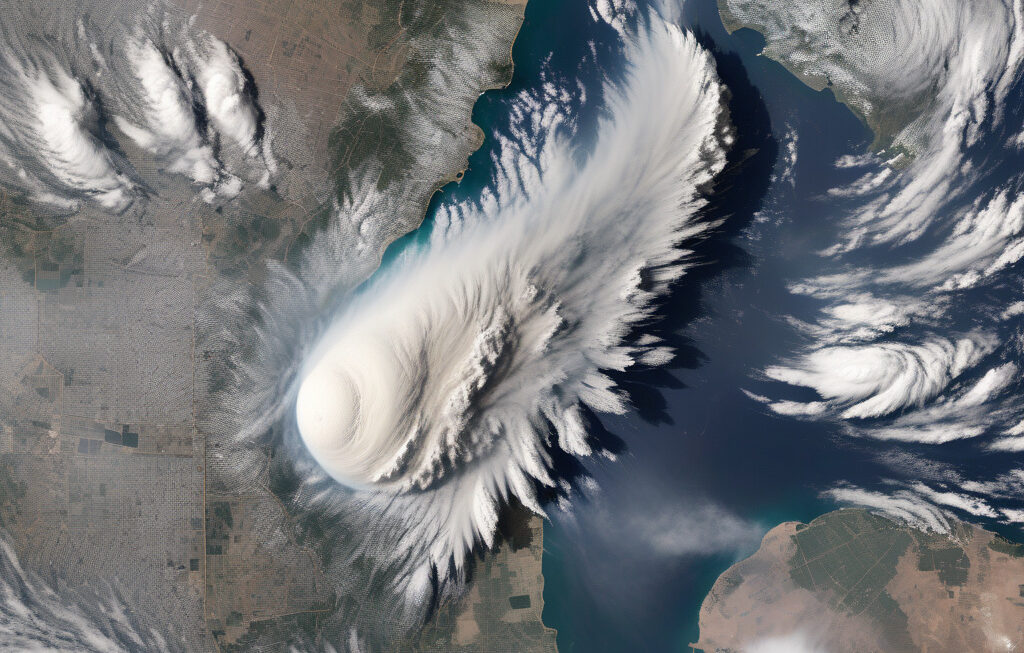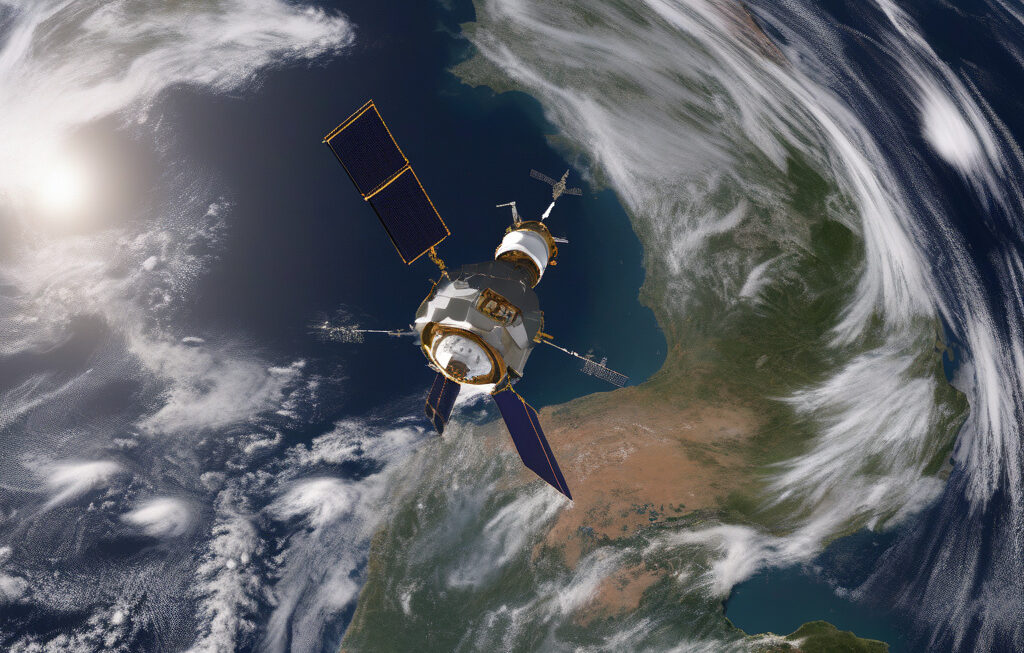In an increasingly contested orbital domain, a recent series of maneuvers by a Russian satellite has sparked fear and raised concerns about the militarization of space. The satellite in question exhibited behavior that led US officials to suspect it could be armed with a weapon or a technology designed to disrupt or destroy other satellites. This alarming development underscores the growing importance of space security and the need for international cooperation to ensure the peaceful use of outer space.
The incident, which occurred in proximity to a US space asset, has reignited discussions about the weaponization of space and the potential consequences of such actions. While space has traditionally been considered a sanctuary from conflict, technological advancements and geopolitical rivalries have blurred the lines between civilian and military activities in orbit.
The Russian satellite’s maneuvers highlight the vulnerability of satellites to hostile actions and the challenges associated with monitoring and regulating activities in space. With an increasing number of countries and commercial entities launching satellites for communication, navigation, and Earth observation purposes, ensuring the safety and security of these assets has become a pressing concern.
The United States Space Command has been closely monitoring the Russian satellite and has condemned its behavior as reckless and potentially threatening. The incident has prompted calls for greater transparency and confidence-building measures to prevent misunderstandings and miscalculations that could escalate into a conflict in space.
The growing competition in space, driven by advances in technology and the strategic importance of satellite capabilities, has raised alarms about the potential for a space arms race. As more countries develop and deploy anti-satellite weapons and other disruptive technologies, the risk of unintended collisions, interference, and even deliberate attacks on satellites has increased.
Efforts to address these challenges have been hampered by a lack of consensus on norms of behavior in space and the absence of a comprehensive legal framework governing military activities in orbit. International agreements such as the Outer Space Treaty provide a foundation for peaceful cooperation in space, but they do not explicitly prohibit the deployment of weapons or the use of force in space.
To mitigate the risks associated with the militarization of space, experts have called for enhanced space situational awareness, improved communication channels between space-faring nations, and the development of norms to prevent aggressive behavior in orbit. Diplomatic efforts to promote dialogue and transparency among space powers are essential to reduce tensions and uphold the long-term sustainability of outer space activities.
The recent incident involving the Russian satellite serves as a stark reminder of the need for concerted action to safeguard the security and stability of space. As technology continues to advance and space becomes increasingly crowded with satellites and debris, the international community must work together to ensure that outer space remains a peaceful and secure environment for all.
In conclusion, the suspected weapon maneuvers by the Russian satellite near a US space asset have underscored the urgent need for stronger cooperation and coordination in space governance. By addressing the challenges posed by the militarization of space through dialogue, transparency, and confidence-building measures, countries can uphold the peaceful use of outer space for the benefit of all humankind.
space security, international cooperation, satellite technology, space governance, geopolitical tensions












